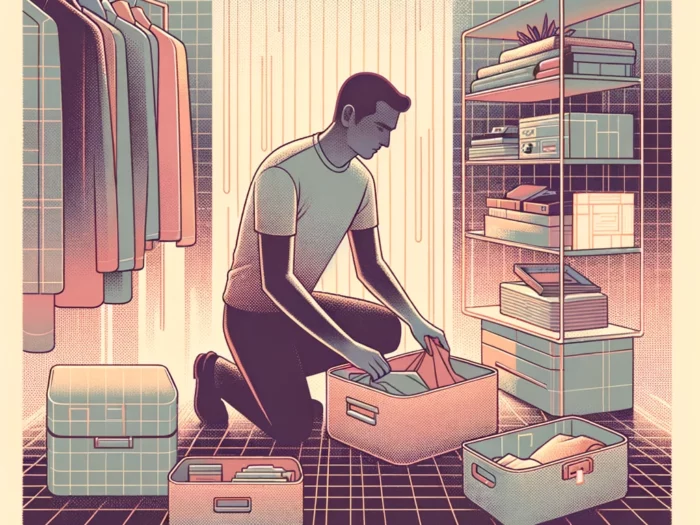
Downtime is important. We get so busy that we forget that simple truth. We weren’t made to be constantly running. Zero downtime leads to stress. Stress leads to complications.
A recent survey conducted at Everest College found that 83% of Americans are stressed out at work. That’s a big number. Chances are high that you’re one of them. If you are, you need more downtime.
Believe it to not, I’m not stressed at work. I enjoy my job as a college instructor. But I am stressed out by the combination of work, single parenting, and owning a home.
All This Stress Leads To Problems
Stress is a killer. Longterm stress leads to negative consequences. If you’re dealing with stress at work, or anywhere else, you could be vulnerable.
- Stress leads to health problems: The list is long: Stress causes headaches, sleeplessness, rapid breathing, pounding heart, high blood pressure, heartburn, stomach ache, backache, susceptibility, erectile dysfunction, infertility, and even heart attack.
- Stress leads to mental health problems: Stress causes anxiety and depression. I always know when I’m working too hard. I start feeling nervous and eventually anxious. Anxiety can lead to all of the health problems I mentioned in the first point.
- Stress hurts our relationships: It’s the ones we love most that we hurt the most. Stress causes us to react in ways that hurt our partners, friends, and children. Nobody wants to hurt the ones we love.
Here’s What The Research Says About Stress
So now that we know how harmful stress can be, we need to ask ourselves some hard questions:
- What am I doing that adds stress to my life? Much of our stress can be avoided. Sometimes we add unnecessary stress to our plate by taking on too many responsibilities.
- How can I change my daily habits to reduce stress? Procrastination can lead to stress, If you’re putting important tasks off, you should reconsider that strategy.
- Am I getting enough downtime? Lack of rest and sleep can cause stress. A doctor once gave me the following prescription to avoid stress: exercise, sleep, and fun. I took his advice and felt much better.
The Solution Is More Downtime
So where’s this all leading? It’s simple. You need to be aware of your stressors. You need to listen to your body. I can always tell when I’m getting overworked because I start feeling anxious. That’s a cue for me to slow down and take a break.
I encourage you to take a moment to stop and relax. Close your eyes and take three deep breaths. Have a cup of tea. Be intentional about getting more downtime.












